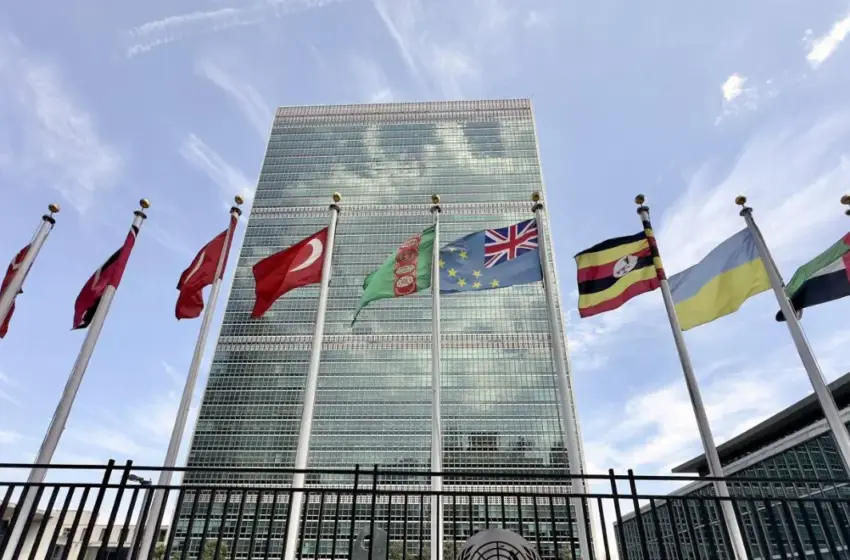
UN cybercrime text: Exploring the stance of rights groups and tech companies companies
One of the crucial events is the upcoming United nation meeting to finalize a treaty on cybercrime. Back to 2017, when this “United Nations Convention Against Cybercrime” started. It was the time when Russian diplomats proposed the idea to the United Nation Secretary- General. Many countries strongly opposed the idea. The United State and European countries were at the top of the table that criticized the treaty.
Despite too much criticism the United Nation General Assembly formed a committee in 2019 to create the treaty. Additionally many human rights groups and big tech companies also opposed it strongly. This is because they were worried about its impact on privacy and business cooperation. This opposition shows how complex and controversial regulating cybercrime globally can be. It is interesting to know that this meeting brings many perspectives and concerns together. The main purpose of the meeting is to find solutions about how countries tackle cybercrime issues. It is also important to maintain peace, balancing security, privacy and business interests.
One of the significant steps is the draft text coming up for a vote after two-week sessions. However it is also important to know that the strong opposition has only grown after the seven rounds of negotiations. However, the revised drafts also have some welcoming improvements noted by the UN High Commissioner for Human Rights. They also pointed out the shortcomings. Many parts of the draft do not fulfill the requirements of international law. It is also concerning to know that these drafts do not meet the international human rights standard. Also in some places, current cybercrime laws already overreach, restricting free speech, targeting dissenters, and invading privacy.
The main purpose of the treaty is to find the root cause of the cybercrime and also prevent it more efficiently and effectively. It also aims to increase international cooperation, especially in addressing child pornography and money laundering. Despite the clarity of the purpose the shortcoming in the drafts could result in never following international laws and also impose restrictions on freedoms. This is the reason that careful consideration is necessary to make sure that it protects human rights properly.
The text is too broad, as its subtitle suggests it covers “crimes committed through the use of an information and communications technology system.”
Critics, like Tirana Hassan from Human Rights Watch, argue that this could make governments investigate a wide range of activities, including same-sex relationships, criticizing the government, investigative journalism, protesting, or whistleblowing. Hassan believes this text is less about cybercrime and more like a global surveillance treaty for all crimes, exceeding even the broadest understanding of its original intent.
No outcome is better than a bad one
Many surprising teams of rights groups and big tech-companies have been created in the debate of the draft treaty. The clear example of this creation is Microsoft. They agree that “no outcome is better than a bad one.” Additionally, the senior of the Cybersecurity Accord, Nick Ashton-Hart also said that we need more cooperation. He said that developing countries should help us to fight against cybercrime. He also believes that this draft treaty is not the right solution to many complexities.
He thinks we should use the Council of Europe’s Budapest Convention on Cybercrime or the UN Convention Against Organized Transnational Crime instead. Ashton-Hart warns that if the current draft doesn’t improve a lot, his group will tell member states not to sign or approve the treaty. This shows how important it is to have a good and effective agreement.
Ashton-Hart stated, “ “Democratic states would expect opposition from the private sector, very aligned with the civil society world, were this to come up for ratification at the national level.”
Russia gave a stance that is problematic but also understandable. They argue that focusing too much on human rights prevents many countries from working together.
The preference of Russia is the original 2019 subtitles, “ “International Convention on Countering the Use of Information and Communications Technologies for Criminal Purposes,” this nation does not prioritize the current “United Nations Convention Against Cybercrime.”


